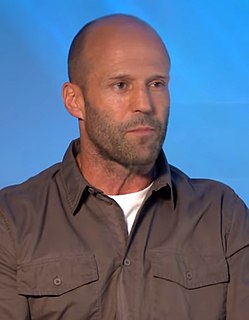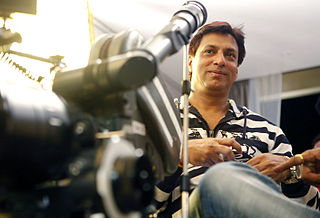A Quote by Ozwald Boateng
Tailoring was considered to be a world that was very traditional, and basically going out of fashion. Fashion designers did not have a real link with tailoring or tradition, so I fused the two worlds together.
Related Quotes
When I look at pictures from when I was younger, I think, "Holy crap, what the hell was I wearing?" I've made it a real mission to fully understand what fashion is all about. I love going to these shows because I love seeing creativity. So when I get to meet these fashion designers, I'm kind of like, "Where did you get the idea to make this? What were you thinking?" Some of that stuff is so crazy and loud.
I see fashion as a proclamation or manifestation of identity, so, as long as identities are important, fashion will continue to be important. The link between fashion and identity begins to get real interesting, however, in the case of people who don't fall clearly into a culturally-recognized identity.




































